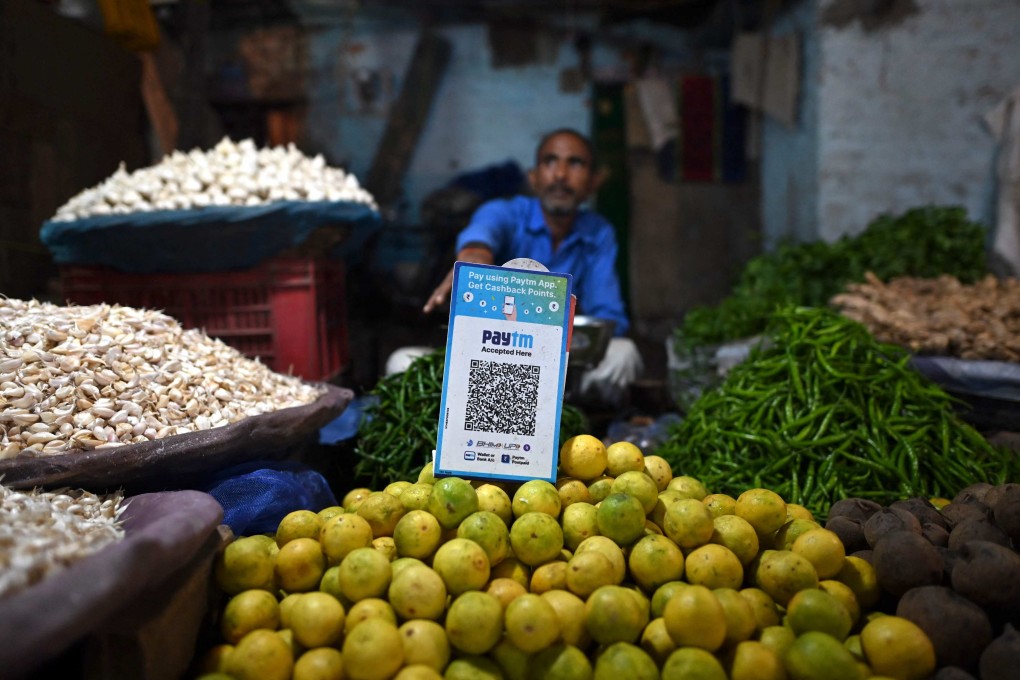The View | Internet access is key to ending global inequality as the world moves online
- Global inequality could worsen in a digital economy as nearly 3 billion people in mostly developing countries still have no access to the internet
- To close the digital divide, governments in emerging economies like Asean must invest in education and infrastructure

We all know too well that the world is not becoming more equal. Inequality between and within nations is rising with historic speed worldwide.
The income gap between rich and poor among member states of the Organisation for Economic Co-operation and Development (OECD) is at its highest in 30 years. In the 1980s, the richest 10 per cent of those populations earned seven times more than the poorest 10 per cent, while today, they earn nine times more. Among the Association of Southeast Asian Nations, this figure is no better.
Yes, economic growth through liberal economic policies in Asean has lifted millions out of poverty since the early 2000s. The poverty rate has fallen from 47 per cent in 1990 to 14 per cent in 2015, according to official figures. Undernourishment fell from 30.4 per cent to 8.9 per cent in the same period, while life expectancy rose from 56 years in 1967 to 71 in 2016.
The 2018 Global Wealth Report by Credit Suisse ranks Thailand highest among Asean countries at 90.2 on the Gini index, followed by Indonesia at 84, Philippines at 82.6 and Malaysia at 82. These figures essentially mean that more than half the wealth of these nations is controlled by the richest 1 per cent of the population.
And if we expect such wealth to last forever, we are wrong. The region is nearing the end of its current growth cycle, which means that to sustain growth, countries must invest in new economic infrastructure and power a new cycle.
